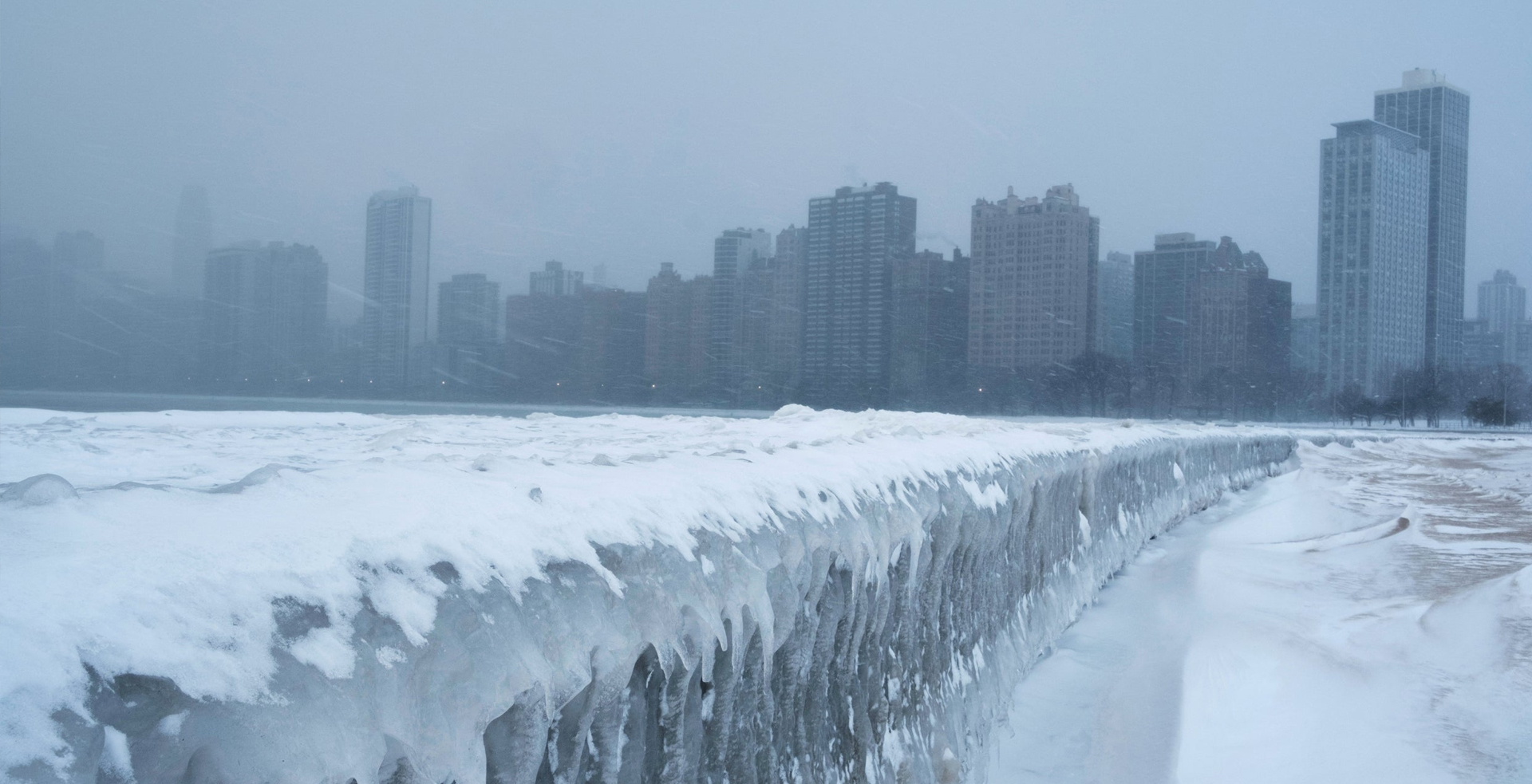
A visit to Oymyakon, the world’s coldest town
A You don’t need a sat nav to drive to Oymyakon. From Yakutsk you cross the Lena River and simply follow the M56 almost all of the way before taking a left at Tomtor for the final few kilometres. The journey takes two days of hard driving; two days of glistening landscapes, frozen rivers and untouched snow; two days of endless forest and breathtaking beauty; two days to penetrate the heart of Siberia and reach the coldest inhabited place on Earth. The beauty surprised me. Siberia isn’t known for its pleasant appearance. It’s always billed as a place of hardship. But for hour after hour, the wintry wonderland was bathed in a crisp, clean sunshine, presenting a continuous panorama of conifer trees wreathed in silence and snow.
B As we left the flat plain, the road began to twist and turn, leading us into untouched hills and on towards the Verkhoyansk Mountains. Beneath their snow-clad peaks, the slopes became steeper and the valleys deeper. Down in a valley, we stopped to look at a hot spring beside the road. It was immediately obvious against the snow – a spot shrouded in heavy mist. Trees emerged from the strange haze as ghostly silhouettes.
C Despite the magical ambience of the Siberian wilderness, its reputation for hardship hit me every time I climbed out of the vehicle. Within less than a minute, the skin all over my face began to feel as if it were burning. If I wasn’t wearing my two sets of gloves, I rapidly lost the feeling in my fingertips. I learned very quickly not to draw too deep a breath because the shock of the cold air in my lungs invariably set me off on an extended bout of coughing. Siberia in winter is a world barely fit for human habitation. This is a place of such searing cold that it bites through multiple layers of clothing as if they aren’t there.
D Oymyakon is a quiet little town – the world’s coldest – of about 550 inhabitants, with its own power station, a school, two shops and a small hospital. It probably originated as a seasonal settlement where reindeer herders spent the summer on the banks of the Indigirka River.
E The temperature when I arrived was -45°C – not particularly cold, I was informed. A number of factors combine to explain Oymyakon’s record low temperatures. It is far from the ocean, with its moderating effect on air temperature. In addition, the town sits in a valley, below the general level of the Oymyakon Plateau, which, in turn, is enclosed on all sides by mountains up to 2,000 metres in height. As the cold air sinks, it accumulates in the valley, with little wind to disturb it. Oymyakon’s average temperature in January is -50°C. Lower temperatures have been recorded in Antarctica, but there are no permanent inhabitants there.
F Day-to-day life in Oymyakon presents certain challenges during the long winters. There are hardly any modern household conveniences. Water is hacked out of the nearby river as great chunks of ice and dragged home on a sledge. The giant ice cubes are stacked outdoors and carried into the house one at a time to melt when needed. The lack of running water also means no showers or baths, or indeed flushing toilets. Since 2008, the town’s school has enjoyed the luxury of indoor toilets, however. It’s one of the small number of civic buildings in the centre of town that are linked to the power station.
G The power station provides winter heating in the form of hot water, but many houses lie outside its range and rely on their own wood-burning stove. Fuel is plentiful enough in the surrounding forest, but someone still has to venture out to cut the wood. Everybody in Oymyakon owns good boots, a hat made of animal fur and fur-lined mittens. The boots are usually made from reindeer hide, which is light but keeps your feet very warm – the individual hairs are hollow, like a thin tube with air inside. Since air is a poor conductor of heat, the skin makes excellent winter footwear, and felt soles give added insulation. Hats come in a variety of furs, including fox, raccoon, sable and mink.
H Oymyakon’s two shops keep a decent stock of basic foods in tins and packets, but locals also have do-it yourself options, including hunting, trapping, ice-fishing, reindeer-breeding and horse-breeding. Indeed, being self-sufficient runs in the blood in Siberia. The Oymyakon diet relies heavily on meat for its protein, a primary source of energy in the prolonged winter. Unsurprisingly, given the weather, everyone eats heartily in Oymyakon. Atypical meal I was offered consisted of a thick horse soup and huge piles of horse meatballs, all washed down with cloudberry cordial.
I Spring is the best season here, I’m told. The snow melts, the river flows once more and the forest is full of wild flowers. But it’s short. In the summer Oymyakon can be uncomfortably hot. Much of the forest becomes boggy, so mosquitoes are a constant presence. Oymyakon’s climate certainly wouldn’t suit me, but residents I spoke to said they wouldn’t live anywhere else.